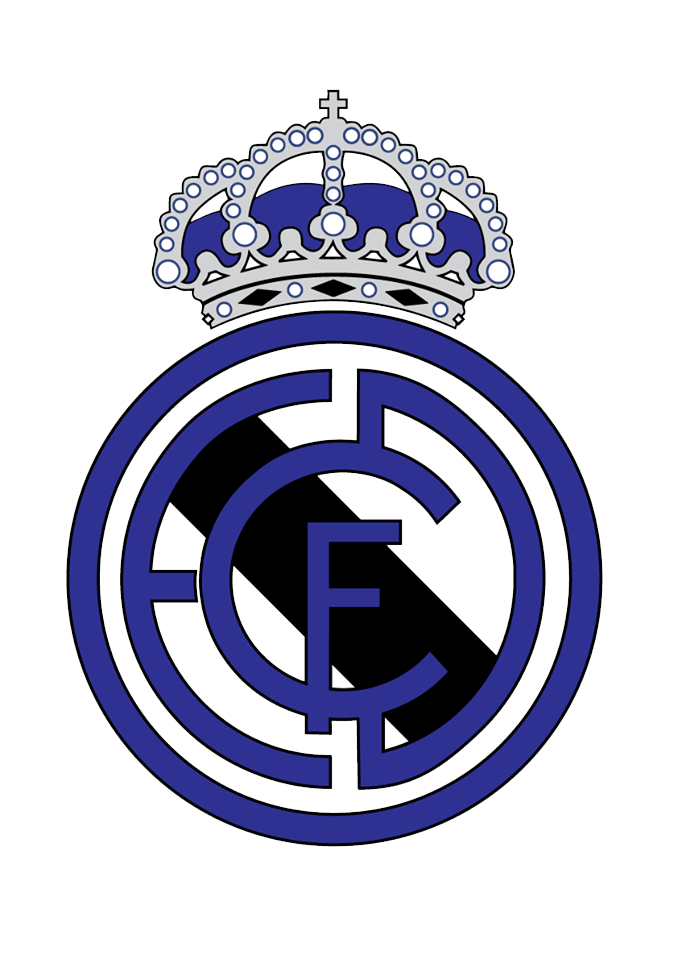What is Small Sided Football?
Small Sided Football (SSF) was introduced into Australia in 2007. It is a modified form of the 11-a-side football, designed to meet the needs of players between the under 6 and 11 age groups, who have very different developmental characteristics and needs to adult players. The philosophy of Small Sided Football focuses on participation, enjoyment and freedom of expression with limited emphasis on coaching or winning – it has been designed to allow young children to develop basic skills and discover the game in a ‘fun’ and agreeable environment; children are much more likely to enjoy their football playing experience, will be keen to play more often and are less likely to drop out of the game.
Small Sided Football achieves this by:
- smaller teams – 4 players a side (U6 & U7 only).
- smaller fields and simplified rules.
- more playing time, which maximises individual participation and involvement.
- far more repeated touches of the ball by all players on the field.
- more shots on goal.
For further information about Small Sided Football please refer to the FFA OSSF Handbook.
My Child has asked to play soccer however I’m not sure if he/she is actually going to like it. Can my child “try it out” before needing to be registered?
It is a very common occurrence for a child to discover that they don’t want to play once they give it a go. Sometimes they just aren’t ready yet and holding off for another year can make all the difference. Most coaches hold a few training sessions before the season starts so its a good idea to attend those and see if your child is ready. However, all children must be registered before the first match to ensure they are covered by insurance.
Okay we’re ready to register – what do we do now?
Registrations open in February each year and teams can fill quite quickly. If your child would like to play, contact us via the enquiry form,
What do I do if my child is unable to attend a game?
As soon as you know that you won’t be attending, please contact your child’s Coach. We realise that nobody has a crystal ball and there will be times when you won’t know until match day that your child won’t be coming but if it is at all possible, please contact your coach before match day. This helps the coach to plan ahead and make any changes if required.
Where are the games held?
You can refer to the fixtures for details of the matches – these give you the time, date, venue and location for each game.
How parents can help our junior teams:
- Remember that children participate in sport for their own enjoyment, not yours.
- Encourage children to participate, don’t force them.
- Focus on your child’s efforts and performance rather than whether they win or lose.
- Encourage children to play by the rules and to settle disagreements without resorting to hostility or violence.
- Never ridicule or yell at a child for making a mistake or losing a competition.
- Show respect to the Coach, children, opponents, referees, officials, other parents and spectators at all times by remaining positive, enthusiastic and show good sportsmanship. Encourage your child to do the same.
- Treat your child’s Coach with respect by raising any issues or concerns in a non-threatening or intimidating manner at an appropriate time i.e. not in the middle of a game or in front of other children and parents. Your coaches are doing their best to act in the best interests of the team and the Club, they are not there to bully or be bullied. If you can’t resolve an issue with your Coach, please contact the Junior Coordinator.
- Volunteer to help – bring oranges, man the canteen, help set up/pack up etc
- Always remember that your child looks to you for guidance on how to behave appropriately – even when you think they aren’t watching! The example you set determines your child’s enjoyment, attitude and behavior. Do your best to remain positive and in control (regardless of how the opposing team and its supporters may behave!)
